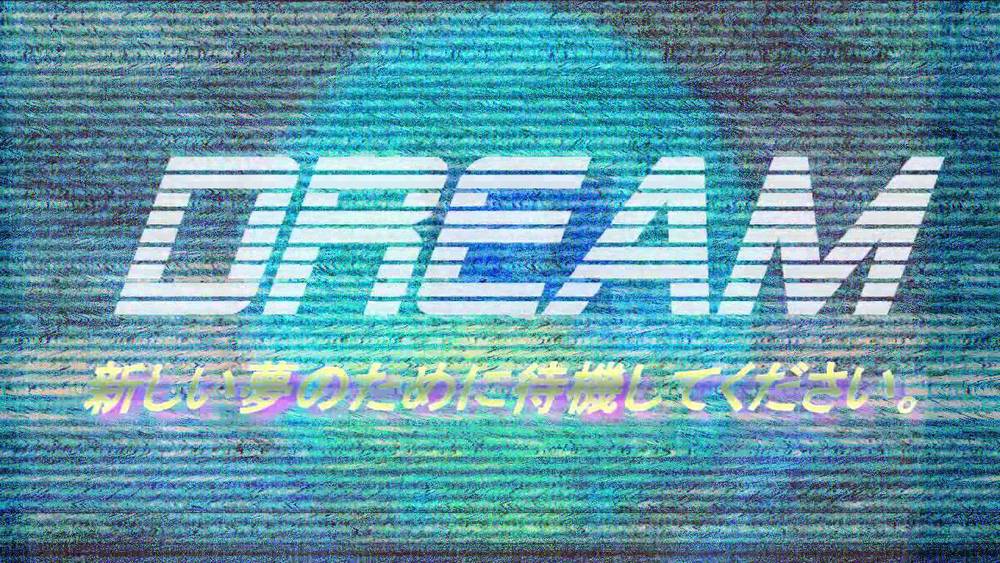
All images courtesy of David Russo
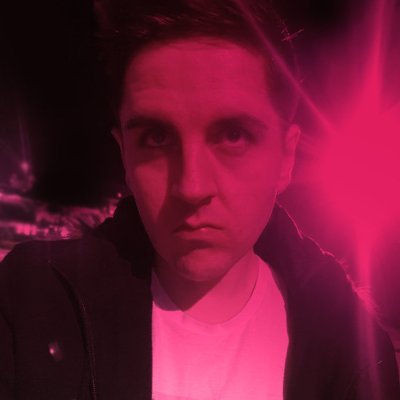
Forward by Joe O’Brien
There are specific albums that change your outlook and perspective on music. For me, 2814 and their album Birth of a New Day was one of those. It is a cornerstone of listening for Vaporwave fans everywhere.
One-half of the collaborative duo 2814 is David Russo. David is better known by his moniker, HKE. As HKE, he is seen as an essential stalwart of both Vaporwave and Dreampunk. David also runs venerated label Dream Catalogue. Dream Catalogue has become a home for David’s HKE releases and other artists involved in the scenes mentioned earlier.
David is a fascinating, important, and often polarizing figure in music. When David agreed to sit down with us for a conversation, we could not have been any more excited. Below we discuss 2814, Dreampunk, Vaporwave, Dream Catalogue, HKE, and various other topics with David.
Andrew:
David, thank you for taking the time to speak with us. It’s been a weird year, hasn’t it? What have you been doing to pass the time?
David:
I’ve mostly just been planning my next moves in terms of music, now that Dream Catalogue has closed down as a label. Figuring out what I wanted to do next. With the last step of every dream, the first step into a new one begins. I have ended up boiling it down simply: as HKE I will be further exploring the variation of Techno music I’ve been working on the past couple of years, and as Hong Kong Express I will continue exploring Dreampunk. Beyond music, I prefer to try and dedicate most of my spare time to my baby daughter, but have also spent a lot of time reading into topics I’m interested in – philosophy, history, crypto, etc. Whatever I’ve been feeling really.
Andrew:
Tell us a bit about your backstory. What are your musical origins?
David:
I think many people know my backstory by now, but in short, I grew up in a working-class environment in Liverpool. My mum loved to blast music loud every night, particularly the House and Garage music that was popular in the 90s, and that certainly rubbed off on me. My first experiments with audio were with a little tape recorder I was obsessed with as a kid. I got into producing techno tracks on the video game Music 2000 for the PS1 in the late 90s. I got more serious with music production around 2004 or so and haven’t stopped since. I’ve been obsessed with music for as long as I can remember, really. I love all music except Hyperpop and Future Bass.
Andrew:
Since coming onto the scene, you’ve crossed over many genres, finally settling into the more Ambient and Dreampunk side of things. Tell us about your musical journey as an artist and why you finally chose to settle in with Dreampunk.
David:
I wouldn’t say I’ve settled purely on Dreampunk – as I say, I’m producing a lot of Techno music as HKE now. I have historically used multiple aliases to split up all the various styles I work on, though I really just settled on those two going forwards and maybe also some stuff under the “Subaeris” moniker eventually, too. The days of me using numerous mysterious aliases are long behind me. I think that was just a product of 2010’s culture, and it worked in its time, but it’s kind of goofy now and doesn’t interest me anymore. Really, these names are just internet real estate these days; it’s how the modern music industry works. I could create yet another new name, but at this point, I don’t really see what use it would have to be honest.
My career is messy and ugly, and anyone trying to make sense of it will have a hard time, especially when they come across the flap and the raccoons – but so are the careers of Frank Zappa, Lou Reed, and Miles Davis, so I feel in good company. But yeah, Dreampunk is one style I’m finding myself returning to after some years away from it now, under the Hong Kong Express moniker. I dropped the style for a while, but after it had a resurgence in the past few years due to labels like Pure Life, VILL4IN, Livewire, and No Problema pushing it, it seems to be breaking out as its own movement away from the Vaporwave scene. I think that kind of liberating aspect of what’s happening, the moving away from Vaporwave culture into something new and different, helped me rekindle some love for it in me.
There is still a connection there, but the two movements are splintering off more with each passing day, it seems. It’s also the style I’m most commonly known for, too, due to the success I’ve had with certain works, so it’s interesting to go back into that mindset I have with new life experience and try my hand at it again. I’m really enjoying many of the brilliant artists creating the style now, it’s getting massive, and the quality bar has been raised very high, so that is also inspiring my return to it.
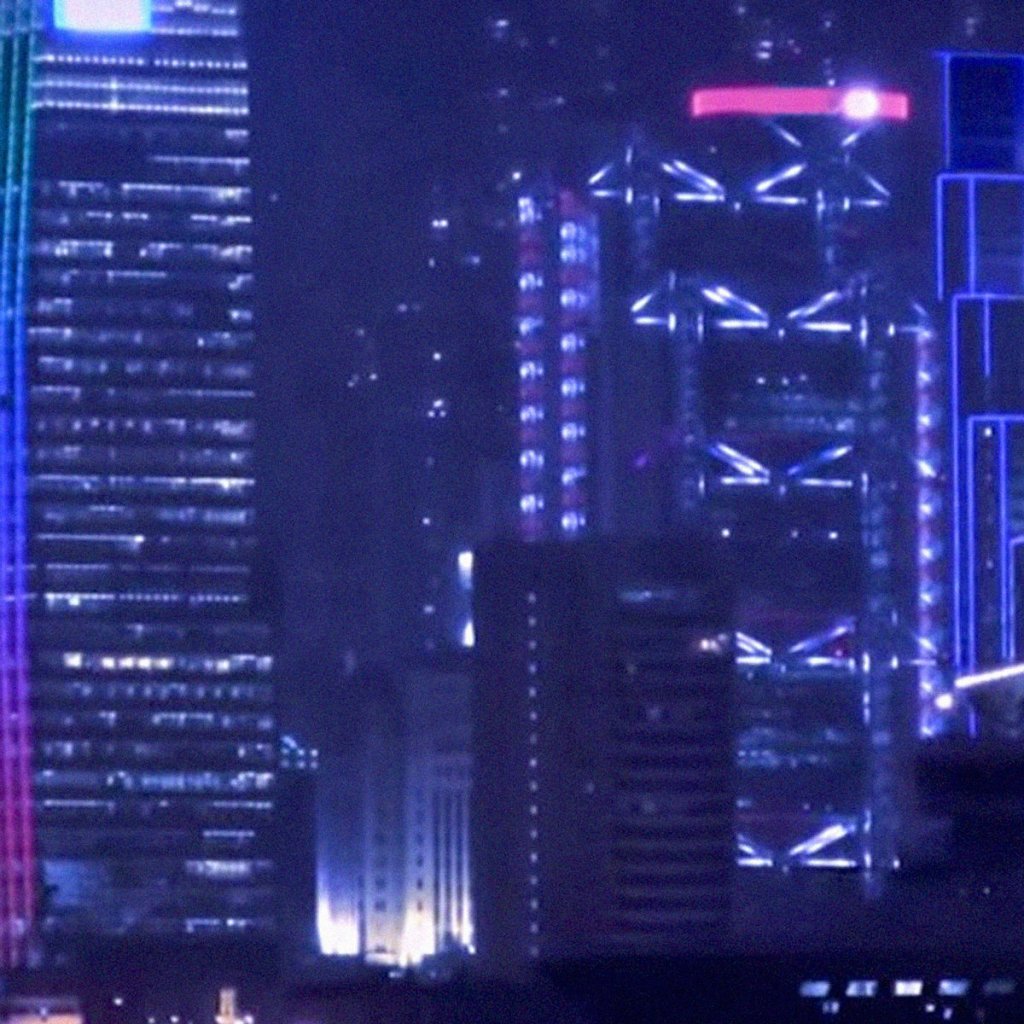
Andrew:
Over time, you’ve made an effort to leave Vaporwave behind. You had a lot of early success in that genre; what led to you making the choice to move on from it?
David:
If you really scrutinize my output, the truth is I’ve never really made much Vaporwave at all. In terms of “classical Vaporwave” itself, I’m not sure I’ve even made any. If I have, it’s likely been a few things made in jest, but nothing significant. When I first got involved in Vaporwave, my own philosophy and understanding of it were different. To me, Vaporwave was mostly about the aesthetic container of the music itself and how that recontextualization of past music could elicit new feelings from sounds that were unexpected. There was a certain uneasiness and anxiety about it in its undercurrent that any great cyberpunk-oriented stuff has.
Over time, a more rigid view of what Vaporwave was won out in the popular consensus – that it was purely about 80s and 90s nostalgia and nothing to be taken too seriously – and that’s when it got stale for me, so I decided to move on from it as it wasn’t the right fit for what I was doing. Since that time, it just seems to have filtered out as a definitive style altogether and become a catch-all term for underground Electronic producers operating in a certain scene that centers around labels like 100% Electronica. In this sense, I would say it would be even less of a fit now. None of what I see today really resembles Vaporwave of any sort, whether it was my older perspective or the classical perspective. I’m also genuinely disinterested in it and barely follow that stuff at all, but I actually have some respect for George Clanton and what he’s managed to achieve, even if it’s not to my own personal taste.
I respect anyone who is self-made and hustles and grinds to get there. He’s also helped artists like Death’s Dynamic Shroud find a new home and grow to become something huge after they left Dream Catalogue, which makes me happy for someone like James Webster, who is a friend of mine, someone who came up together with me on Dream back in the day and has worked just as hard as I have, or George Clanton has, to make a success of their career independently.
Andrew:
You mentioned to me that you feel “Dreampunk is the next big movement.” Can you go into why you feel that way? What is it about Dreampunk that sets it apart from the other Vapor-adjacent genres?
David:
Just looking purely at the metrics, there seems to be this unstoppable growth of the Dreampunk style in the past year that resembles very early Vaporwave to me in its trajectory. There has been an explosion of new artists and labels all trying their hand at the style and its gaining more popularity and recognition by the day. Even with Dream Catalogue shutting down now, where we essentially created and popularised the style over the past 7 years, I’m seeing so many new and inventive takes on what it is and what it can be that I don’t think it’s going to slow down any time soon. There is also something about it that speaks about our modern way of life so fittingly, too, that I think it’s something that just resonates with a lot of people. That kind of thing is an X factor you can’t really account for, it just seems to be hitting the spot for people in this weird era of lockdowns, political disequilibrium and general unsureness about the future. Some kind of introspective respite that takes in the modern technological world as a lucid dream and sees it as something more mystical and surreal.
Andrew:
Dream Catalogue has been around for about 7 years now. What’s the status? You seem to have had a roller coaster ride over the last few years.
David:
Dream Catalogue as a record label just shut down a few weeks ago, but it still continues on now, building itself out as a record store and general media outlet for Dreampunk music and culture. I’ve been the owner of Dream Catalogue since day one, but there have been several co-owners, managers, and other staff members there over its history. Most of the past year was under the management and general direction of Shima33, who still works as a general manager for this new reboot of DC as a media outlet too, though most of his time is spent now with his new label Providence Instinct, which is sort of picking up where he left off with Dream. As one of the co-owners today, I still am affiliated with Dream, of course, and still do some work with it, but most of my time is spent on other stuff these days, really.
Andrew:
I personally am a big fan of the VILL4IN label. What they’re doing is really forward-thinking. They really do everything well on all fronts. What are your thoughts on the VILL4IN label?
David:
I had a bit of a bad public falling out and disagreement with VILL4IN over the past few months, but we made amends in a DM a week or two ago. I respect some of the innovations they have brought into things, such as introducing more focus on art and writing. I think they have been one of the key figures in catalyzing this re-emergence of Dreampunk, along with other labels like Pure Life and No Problema – although they say they are moving away from it more now, which is fair enough. Dream Catalogue similarly moved away from Dreampunk for a couple of years but came back in its final stretch, and I feel we put out some of the best Dreampunk records in history in that last run. You have to follow what you’re feeling.
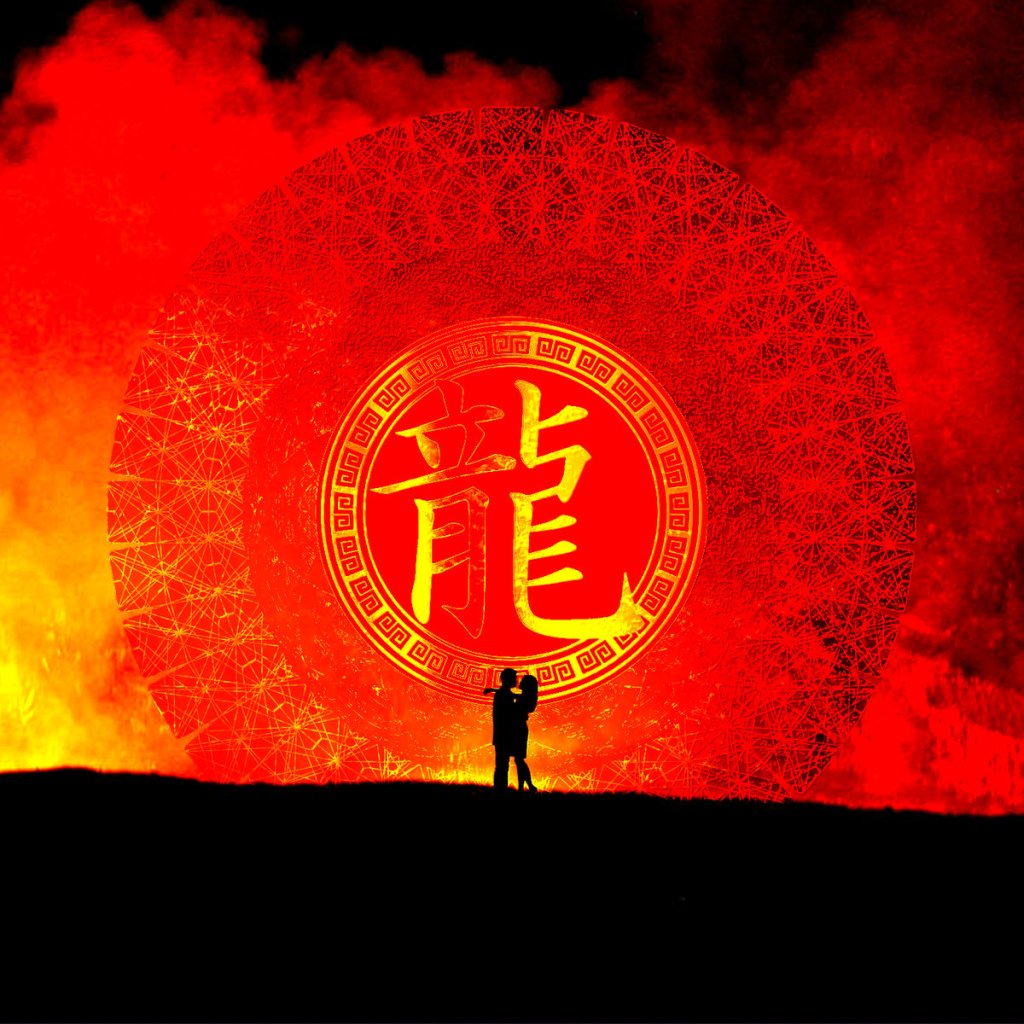
Andrew:
If a fan of Vapor and Vapor-adjacent music wanted to get into Dreampunk, what direction would you lead them in? What is a good place to start?
David:
We put together a short compilation towards the end of Dream Catalogue called ‘This Is Dreampunk’, which is ten tracks from 10 different Dreampunk artists from the scene. It works well as a great 40-minute album listen, rather than the usual 2-3 hour slog of big compilations. It acts as a nice introduction to various musical styles and approaches found within Dreampunk. Dream Catalogue also has a playlist called the “Dreampunk Mega List,” which features practically every one of note in the Dreampunk scene as it stands today. It’s worth just putting it on shuffle and having a flick through and seeing what stands out. Mega List: https://sptfy.com/themegalist
Andrew:
One of the big issues within the community is FOMO and scalpers. What are your thoughts on that? What can we do to improve that situation for fans and artists alike?
David:
It’s a tricky situation. If you don’t release your music without limited edition physical products, the frank truth is that you’re just going to get less attention on your release than you otherwise would in this present climate. A few years ago, we tried doing permanently stocked cassettes on Dream Catalogue, but the truth is that fans appreciate having that limited edition product in their collection. In this new world of internet music where literally tens of thousands of albums drop every day, it’s all about what you can do to stand out from the pack if your aim is to be heard. Maybe some artists don’t really care so much about physical products but feel they need to do it in order to further their careers. Some may argue it’s an impure way to look at it, but a lot of the time, those types are either people who don’t take their careers as seriously or are already successful and don’t need to worry as much. In regards to scalpers, I don’t really pay much attention to that stuff personally. If you buy a product, you have the legal right to do what you want with it. Build a shrine out of it, burn it in a fire, or scalp it on Discogs. Just the way it is, really.
Andrew:
You’ve recorded music under many different monikers, most notably HKE and with the collaborative effort, 2814. Can we expect any new music from you as HKE? With you be working with Telepath in 2814 anytime again soon?
David:
I’ve been making loads of Techno music over the past few weeks, actually. That will come out as “HKE” in time. If people want a glimpse of the style I’m working towards in that regard, they can check out my latest album; Music Is Capital on Spotify et al. I just have a really strong and dedicated passion towards that sound now; it’s getting all my focus. I’ve got the music bug again, which I lost for a few years.
In regards to 2814, Telepath and I have been speaking a lot recently. We have both gone in our own separate and distinctly different and weird musical directions over the past few years but have found ourselves reconvening again here. We haven’t spoken about making any new music as 2814 yet, but I wouldn’t rule it out at all; things will likely head that way. That said, we do have a pretty big project coming out related to 2814 at the end of this month, but we can’t say much more than that yet.
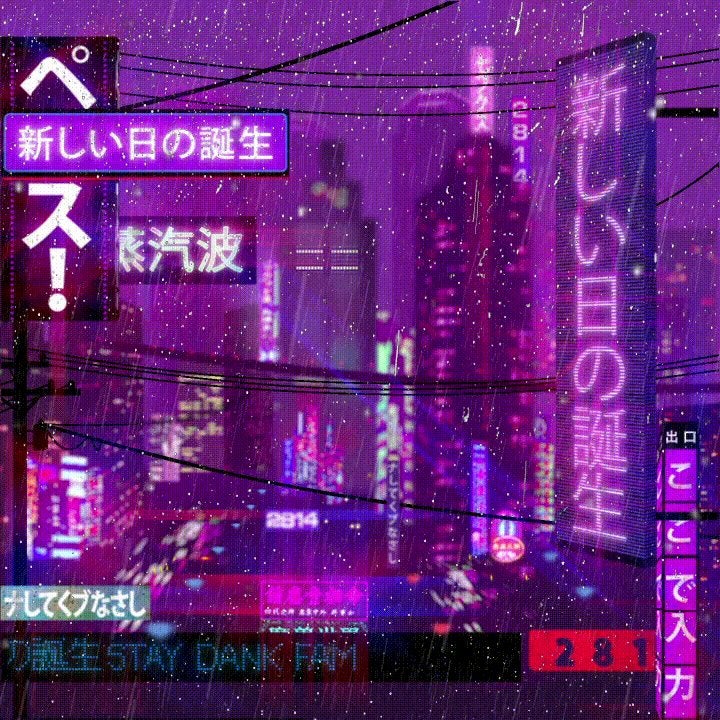
Andrew:
Your work with 2814 may be your most acclaimed and with good reason. Birth of a New Day, Rain Temple, and 2814 are genuinely transcendent and genre-breaking albums. As far as Ambient music goes, they’re as good any anything. Looking back, what are your thoughts on those albums? Do they hold up?
David:
I’m very proud of everything Luke, and I achieved in that period, especially Birth of a New Day. I realize that I will likely never have any work become as popular as that again, but that’s cool with me. It was a teenage dream come true, really, most absurdly and unexpectedly. But some things are meant for a vast audience, some things are meant for a niche audience, and some things are meant for private use only. I’d like to think those albums still hold up today, especially with this emergence of the Dreampunk movement. As I say, they seem to be as popular as ever really. Luke and I were really tapping into some kind of magical vibe in that period when we made these albums and others like HKE – ‘HK,’ and Telepath – Antara, which we made simultaneously alongside Birth of a New Day. I distinctly felt it at the time that it was something special, even though I had no idea it would become what it became after we released it into the world.
Andrew:
What are your thoughts on the rise of both vinyl and cassettes within the community?
David:
They have their place for sure. I’m not the biggest collector of physical merch personally, although I did make a point to grab that Black Banshee tape from Providence Instinct recently. I also made a point to buy Face Value by Phil Collins on 12″ vinyl, which is an excellent album in its own right, but the cover on a vinyl sleeve is perfect. Personally, though, I’m all about music first and foremost. My preferred method is streaming, but I understand there is a charm to every method music can be delivered in vinyl, cassette, CD, or anything else. It makes the experience wholly different. For example, when we first got the delivery of my Hong Kong Express – 2047 record on vinyl, I thought it was perfect for it; it seemed to me as though it was always a record made for vinyl, and it even sounds better too. I was honored and overwhelmed at it selling out in the space of a few hours. I didn’t expect that at all.
Andrew:
What are a few albums that mean the most to you, and why?
David:
I’m not sure what it is, but out of this final stretch of Dream Catalogue albums we put out, I keep returning to Yoshimi’s 11 Pieces Of Fragmented Memories. It seems a bit of a divergence in style for him, towards something more akin to the modern Dreampunk sound that has developed in the past couple of years but still retains that unique edge he has in his music. For me, it’s probably the best album he’s ever made. Yoshimi is someone I’ve been very honored to work with over the years. He’s a masterful artist, musician, and technical producer all at once, and with so much experience working in music over the decades, it’s amazing to see how he can keep reinventing his sound over and over, year upon year while maintaining a narrative of progression through all of his work. It’s clear he’s drawing from a great wealth of knowledge and experience. That’s something I admire a lot.
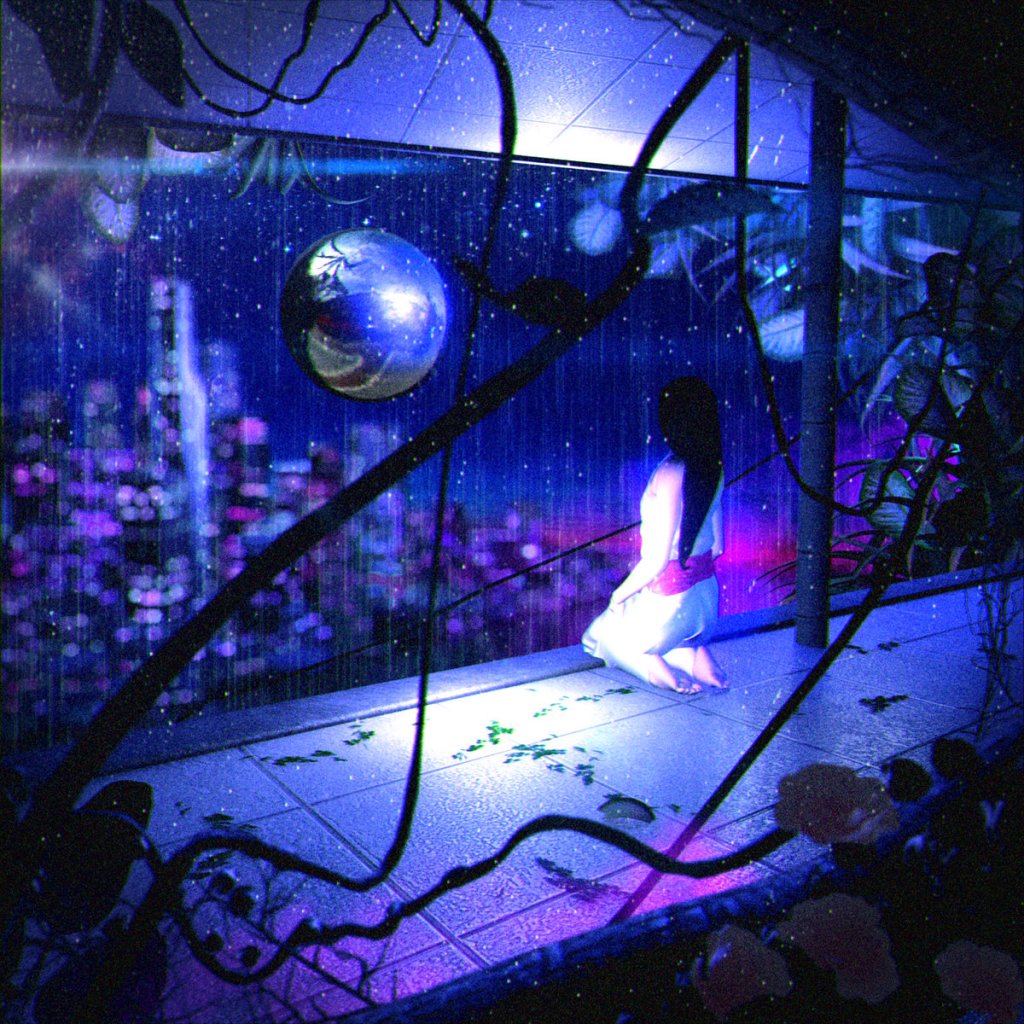
Andrew:
Are you into vinyl? Tapes? CDs? Or are you all digital now? Where do you like to shop for music?
David:
I’m mostly streaming, and my preferred option has become Spotify. In general, I prefer to follow underground music – genuine, self-made independent music. A lot of industry-backed stuff pushes itself as an indie to have that credibility, but it isn’t really. It’s easy to tell who’s who when you’ve been involved in music long enough. So I guess just word of mouth and “virtual crate-digging” comes into play in that regard. Our philosophy with Dream Catalogue was to always focus on the most talented artists regardless of popularity, which worked out well for us over time. We actually rejected some pretty big names who just didn’t fit over the years, whereas many artists who are now successful today got their start on Dream Catalogue because we approached things that way.
Andrew:
Once COVID-19 calms down, what’s next for you as an artist?
David:
I guess I’m known as an artist for my outlandish concepts, and people may expect a continuation of that, but really right now, all I care about in regards to music is making tunes and mixes, to be honest. So just more of that, probably. Maybe some live shows if I feel up for it, but I’m always on and off about that. I’m also writing a book, but it’s changed shape so many times that I don’t know when I’ll ever finish it. I also have a podcast called The LYF21 Podcast. Just continuing along with all that seems pretty snug for me now.
Andrew:
Last question. In your opinion, what is the state of the scene today? How does it stack up to years past? What advice would you have for young musicians trying to get their start today?
David:
What we’re talking about here is internet music culture. So, things do seem a little stagnant to me in a broader sense, but it’s not so much to do with the artists and labels. It’s more to do with the brick wall that current internet technology has imposed upon us. It’s been the same thing for years now – Bandcamp, Spotify, algorithms, social media, Twitter shit, all this kind of stuff. You are going around in the same narrative cycles over and over. How many tweets can you send in your life until you’re just repeating yourself ad nauseum? Every drop on Bandcamp has a certain bland and aged flavor to it, too, due to how stuck in the past the platform is, which I think actually hurts the culture – but we have no choice; they have a monopoly on independent music.
If you look at a web archive of their site from 10 years ago, it’s practically the same exact thing. I’m hopeful, though, that the emergence of web3, crypto, and dApps can really revitalize what’s possible for us. We are artistic beings by nature, and I think the future of the internet will conform to that, becoming even more artistic than the change to web 2.0 entailed back in the day. Audius is something I’m liking – a blockchain-powered streaming platform. I also think NFTs as a base concept is essentially the future of the internet, too. Many are sneering at it now, as people do with any new and different thing generally, but it’s the concept itself that’s most interesting to me. “Why would I buy a gif when I can just download it for free?” they will say, and it’s a valid point – but why buy a digital album on Bandcamp?
You buy it not just to listen but for the right of ownership. Web3 can eventually make the right of ownership and access to digital content much more fluid, so in theory, we can do so much more with it than we can through centralized web services. Maybe it starts now as selling gifs at obscene prices, but 5-10 years down the line, it will be a lot more sophisticated, and I envisage it making up the foundation of the next generation of the internet. I’m not particularly a “techno-optimist” as such, more of a techno-neutralist, but I’m quite interested to see what happens anyway.
To younger artists, I would say don’t try to emulate the path others have tried. Even operating within the context of a scene, you can take inspiration from others who have come before you, especially those you look up to. Still, you will ultimately find your own voice by wading through the long grass and finding a new path that distinctly belongs to you and your compatriots. Back in 2014, the music industry would have dictated we release one album every year or two, go through all the rigmarole of press releases and culturing a certain image that conforms to the standard, to climb the corporate ladder, say the right things, and so on. We did the exact opposite of that with Dream Catalogue, really. As artists, we were dropping dozens of albums a year, each, under numerous aliases, and we created our own amazing live ecosystem – from Vaporwave to Dreampunk, to Hardvapour and beyond. As much as Bandcamp prefers to ignore this fact, it was this broader “vapor” scene as a whole that truly gave legitimacy to their platform. It has eventually seen the wider music industry looking to bite their fangs into it the past few years, too, with bigger labels and artists wanting a slice of the pie. Bandcamp loves to make a showpiece of that; such is the way they operate.
People following long enough will recall that Rain Temple was one of, if not the biggest ever release they had seen on their platform at the time, selling thousands of vinyl records within 24 hours. That wasn’t just purely due to us as 2814 and Dream Catalogue, but the massive ecosystem that had developed, as I say, by shunning the traditional music industry and doing something for ourselves from scratch. That itself comes down to maintaining the confidence, vision, and belief it takes to build something. It’s easy to give up after 10, 30, or 100 days if you do not see results, but if you work on something for days on end without fail, eventually, it will begin to bear fruit. In this sense, it’s always best to follow your natural instincts with music.
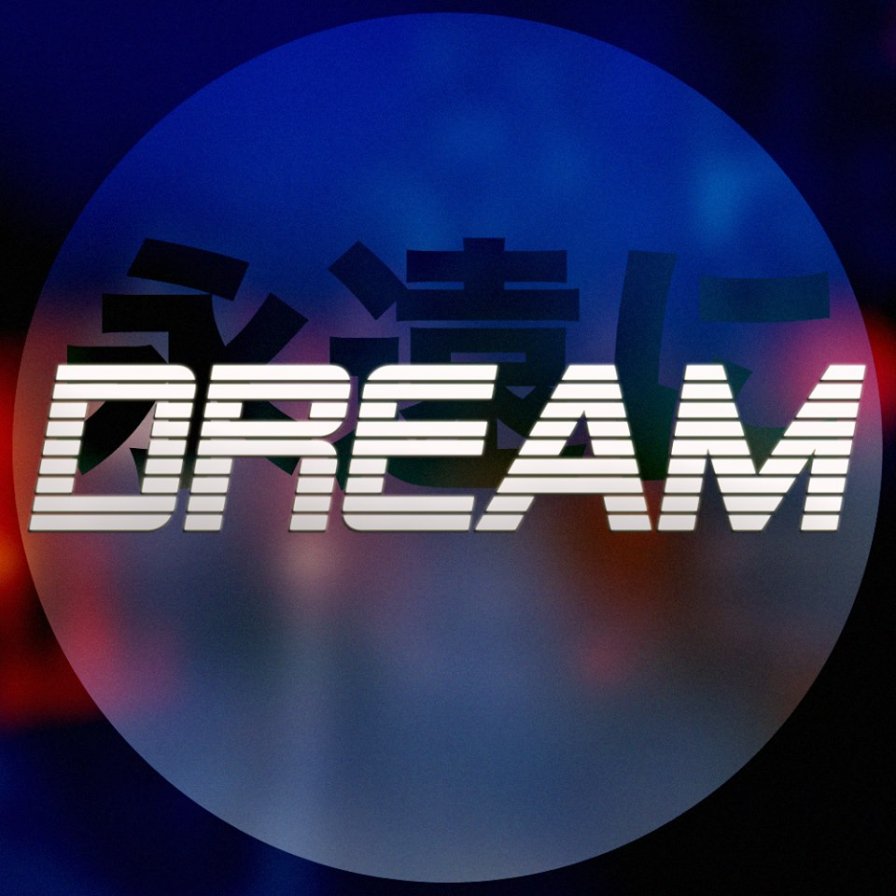
Interested in learning more about the work of David Russo AKA HKE? Check out the link below:
Dig this interview? Check out the full archives of Vinyl Writer Interviews, by Andrew Daly, here: www.vinylwritermusic.com/interview
